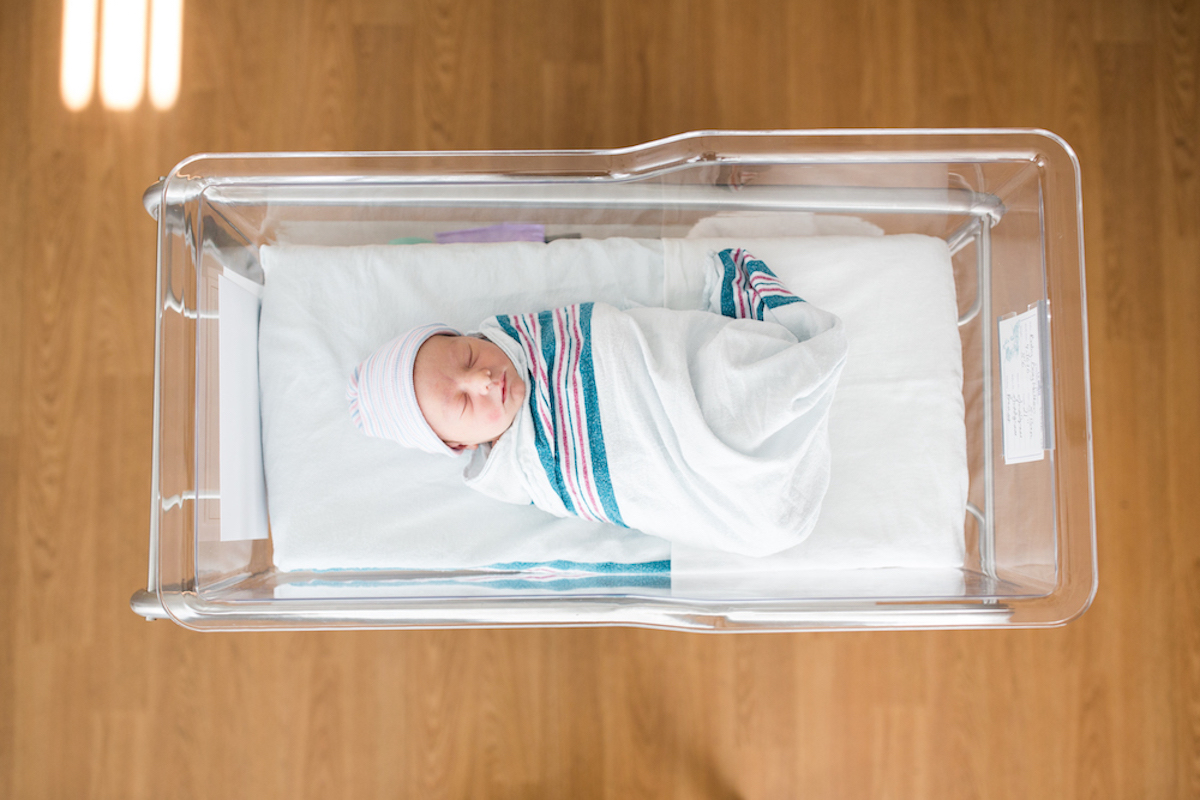(This week’s newsletter delay brought to you by a stomach bug + Google outage).
There is so much focus on COVID decision-making these days that it is sometimes easy to forget that the rest of life continues apace. I was reminded of that this weekend in various ways; the world has not stopped, and we still have to do all the other things that would have taken all of our time in the pre-COVID era.
In that vein, I was contemplating a question I’ve gotten a number of times over email:
What kind of milk should I give my kids? Specifically, do they need reduced fat milk?
When Penelope turned two, our wonderful pediatrician, Dr. Li, told us that the AAP recommended switching to 2% milk. I recall this being delivered in an extremely light touch way, carefully noting that this was an AAP rec and not a Dr. Li special. We looked into this, and eventually I told her we’d be sticking with whole milk. No objections there.
Reader, I will be straight with you: a big reason for our decision was because I am a lazy shopper. Jesse and I use whole milk (really, I think Jesse would put heavy cream in his cereal if it were socially acceptable) and the idea of keeping track of multiple milk modalities was too much for me. We considered switching everyone, but this made me sad about my coffee.
However: not everyone is so lazy. Or, maybe some people like reduced fat milk. So this begs the question: do you need to switch milks?
(While we are here, I’ll cover two other milk questions, about too much and too little).
Do you need to switch your kid to reduced fat milk?
Generally, the suggestion to switch to reduced fat milk reflects the overall dietary advice that adults drink reduced-fat milk. Why? Largely due to the lower fat content, which generates corresponding lower calories. A cup of 1% fat milk has 103 calories, versus 148 in a cup of whole milk. The share of people in the US who are overweight or obese is high, and much dietary advice focuses on reducing calories. Hence, the advice to have reduced fat dairy products.
However: it is not at all obvious on its face that this advice makes any sense. For one thing, it’s more that total calories that matter (as well as physical activity) so if you make up for lower calorie milk with higher calorie something else, that’s counterproductive. While it may be true that people who eat a higher fat diet are, on average, more likely to be overweight, this is by no means a guarantee that these links are causal. I’ve written extensively elsewhere about problems with drawing causal conclusions about diet (see Slate here, and also my academic work). Aaron Carroll has a great book on why bad foods aren’t really that bad, if you want to go deep into this.
In this particular case, the ambiguity goes beyond this. Increasingly, the correlational evidence suggests that kids who drink whole milk are actually less likely to be overweight than those who drink reduced fat. A 2020 meta-analysis of 28 studies found that 10 of them saw no association between milk fat percentage and childhood weight, and the other 18 found children who drank higher fat milk had lower weight. Averaging together, the risk of being overweight was reduced by 40% with whole milk.
This evidence has led to what I view as some slightly odd rhetoric. A 2018 update to guidance on toddler nutrition said this:
Although the American Academy of Pediatrics supports the consideration of reduced-fat milk instead of whole milk in toddlers who are at risk of obesity or cardiovascular disease, early introduction of reduced-fat milk may ultimately increase the risk of obesity and should be avoided in most cases.
This seems to suggest that reduced fat milk should be used if there is a risk of obesity but also it ultimately increases the risk of obesity and should be avoided. The main conclusion is that whatever you choose, it’s probably wrong. Or right. Could be both!
The main problem here — the same problem with a huge amount of research on diet — is that it is simply very, very difficult to separate out a single dietary choice from the rest of the diet and from other individual characteristics. Those 28 studies in the meta-analysis were all observational. None were randomized, so all we can really say is that children who drink whole milk are less likely to be overweight, not that the milk causes it. And dietary choices are so deeply wrapped up in all kinds of other features of families.
In the end, I would venture that it is extremely unlikely that it matters what kind of milk you give your child. (It probably also doesn’t matter much what kind of milk you drink yourself). If you like reduced fat milk, that’s fine. If you like whole milk, that is also fine. Goat milk, expensive but fine. It’s fine.
(Side note: flavored milk is a different beast as it has a lot of sugar. That isn’t obviously a problem, but it’s a diet discussion for another day).
What should I do if my kid hates milk?
One of my kids hates milk! He just never really got a taste for it. He’ll drink it if he is eating spicy food, but otherwise not even in hot chocolate. Is this a problem?
Kids get a lot of calcium from milk. Calcium is important for bone growth. However, calcium is also available in other foods. Notably, other dairy products — cheese, yogurt, ice cream, etc. But calcium comes in other foods, too. Soybeans, almonds, various vegetables, beans, some fruit. It’s often added to cereal and bread.
If your kid eats other dairy products, that’s likely to be enough. Even if they do not — say, due to lactose intolerance — it’s not difficult to get enough calcium through other foods.
What if my kid likes milk too much?
This was my other kid, especially as toddler. She loved milk, even after she was well into solid foods as her main food source. Is this a problem?
A lot of people got scared, once, by a viral post about “milk anemia” in which a toddler developed severe anemia from subsisting mainly on milk. Underlying this is the observation that milk doesn’t have iron (this isn’t true of formula) so if kids drink milk at the expense of other foods, this can happen. There is also an interaction with iron absorption. If your child is lethargic or showing signs of anemia, they should be seen by a doctor. However, this is not that common and if your child is eating other foods, it is probably not a significant risk for you.
Generally, toddlers aren’t supposed to have more than 32 ounces of milk a day. Toddlers and kids should get most of their nutrients through a variety of solid foods, vegetables, carbohydrates, animal or plant protein. Early childhood is a time to learn about what foods you like and which you do not, to experience new textures and flavors. Too much milk can be a problem if it crowds these out.
I will tell you what we did, thanks to our nanny at the time, Madu, who came up with this. It is simple: we gave milk at the end of a meal rather than with it. Kids are generally quite responsive to timing — if they’re hungry and you do veggies first, they eat more of them. By giving a meal first and milk later, we had less crowd out of food.

















